
The Power of Water Fasting: Regenerate Your Immune System, Slow Aging, and Boost Health
The Power of Water Fasting: Regenerate Your Immune System, Slow Aging, and Boost Health
Water fasting, an ancient practice involving abstaining from food and consuming only water for a set period, is gaining recognition for its remarkable health benefits. From supporting weight loss and regenerating the immune system to potentially slowing aging and reducing heart attack risk, this practice offers a surprising array of advantages. However, it's crucial to understand how to fast safely and effectively to reap these benefits.
While a short 2-3 day water fast can be highly beneficial for many, it's not suitable for everyone. Individuals who are underweight, pregnant, or have underlying health conditions should avoid water fasting or only undertake it under strict medical supervision. For others, a water fast can be an excellent way to kick-start a diet or boost overall well-being.
In this article, you'll learn about the profound benefits of water fasting, how to approach it safely, and essential tips for preparing before and after your fast to maximize its positive effects.
:max_bytes(150000):strip_icc()/IntermittentFasting_final-0b2134c18e154613b64a21a48b5b0114.jpg)
What Exactly is Water Fasting?
Water fasting involves consuming nothing but water for a defined duration. This can range from as short as 24 hours to extended periods of 5 or even 7 days. A 2015 review on fasting highlighted various fasting types, with water fasting typically involving regular water intake throughout the day for weight management and disease prevention (1).
Some people choose to add ingredients like lemon juice, cayenne pepper, or honey to their water, or opt for popular methods like the lemon detox cleanse. Other variations include adding cucumber, watermelon, or ginger to the water.
Remarkable Benefits of a Water Fast
Fasting periodically for 1 or 2 days by consuming only water can profoundly impact your body, stimulating metabolism and promoting cellular regeneration.
-
Metabolic Shift & Weight Loss: Studies show that fasting triggers significant metabolic changes, leading to a process called ketogenesis. Here, your body switches from using glucose to fat as its primary energy source, making water fasting effective for short-term weight loss (1, 2). You might notice less belly fat and a slimmer waistline.
-
Cellular Regeneration & Anti-Aging: A 2016 review noted that fasting can boost cognitive performance, regenerate cells, lower body fat, and reduce the risk of chronic disease (3). One of the most significant benefits of short-term water fasting is a process called autophagy (literally "self-devouring"). This is where the body's metabolic processes clean out and recycle dysfunctional cellular components, protecting against chronic health conditions and neurodegenerative diseases (5). While more research is needed, autophagy has been linked to cancer prevention, improved cardiovascular health, and protection against chemotherapy side effects (10, 11, 12, 13, 14).
-
Heart Health: Water fasting can protect your heart by reducing inflammation (4) and may lead to a lower risk of heart disease (19). Studies show fasting can provide similar benefits to aerobic exercise, including a reduction in blood pressure and heart rate (1).
-
Lower Blood Pressure: Water fasting has been effectively used to manage hypertension. One study on patients with hypertension (over 140/90 mmHg) who underwent a 10-day supervised water fast saw 90% achieve blood pressure below 140/90 mmHg, allowing most to stop their medication (16).
-
Protection Against Chronic Disease: Regularly incorporating short water-only fasts can help protect against serious diseases. Research suggests it can reduce blood glucose in non-diabetic subjects, potentially lowering the risk of diabetes (17). It also shows a protective effect on cell health against certain cancers (18).
-
Brain Health: A day or two of water-only fasting can safeguard your cognitive function. It helps protect neurons against genetic and environmental factors contributing to cognitive decline and promotes brain health by releasing antioxidant enzymes. Researchers believe fasting may be a new way to prevent and treat certain neurological disorders, including Alzheimer’s and Parkinson’s disease (1, 20).
-
Slowed Aging Process: Various studies indicate that fasting has an anti-aging effect on the body, potentially delaying aging when combined with other healthy lifestyle changes (1, 21).
-
Immune System Regeneration: Fasting positively impacts overall body health and can significantly strengthen your immunity. Researchers at the University of Southern California reported that 2- or 4-day fasts can trigger the generation of new immune cells by prompting the production of new white blood cells (22). A 72-hour fast can also strengthen immunity and protect against some chemotherapy effects, aiding quicker recovery (22).

Is Water Fasting Right for You? Potential Side Effects and Dangers
For most healthy individuals, water fasting is considered safe when done correctly. A 2018 analysis found minimal risk of adverse side effects from restricting food intake and drinking only water, mostly short-term issues like fatigue, headaches, and insomnia (6). One study showed an 11-day water-only fast could slightly affect kidney function during the fast, though such long durations are uncommon for most fasters (7).
However, water fasting is NOT recommended for everyone. According to WebMD, it's not suitable for children, pregnant women, some individuals with diabetes, or those with eating disorders (8, 9). People with other health conditions should always consult their doctor before attempting a water fast.
Potential short-lived side effects from 2-day or less water fasts can include fatigue, sleeplessness, headaches, back pain, indigestion, and other gastrointestinal upset (6). Anyone fasting for extended periods (more than 3 days) or with a medical condition should do so only under close medical supervision.
How to Water Fast Safely
There are no strict guidelines beyond consuming only water. For a 24-hour water fast, aim to drink 2 to 3 liters of water (about a glass every hour). Water fasts typically last between 1 and 3 days for optimal results for most people. If you plan a longer fast (4-7 days), it is crucial to consult your doctor beforehand.
Preparing for and Breaking Your Fast Properly
To maximize the benefits and minimize side effects, proper preparation and post-fast care are essential.
Before Fasting:
-
Gradual Food Reduction: Two days before your fast, gradually transition to lighter meals. A 2018 study suggested eating only starchy steamed vegetables, fresh fruits, and vegetables (6).
-
Increase Water Intake: Start increasing your water intake in the days leading up to the fast.
-
Reduce Stimulants: Eliminate alcohol and caffeine from your diet. Cut down on sugary foods and beverages to reduce withdrawal symptoms during the fast.
-
Minimize Activity and Stress: Minimize physical activity and stress as much as possible before and during an extended fast.
-
Avoid Fasting When Unwell: Do not fast if you are ill, recovering from infections, or generally feeling unwell.
After Fasting (Breaking the Fast):
One of the biggest mistakes after a water fast is eating a large, calorie-dense meal. Doctors recommend gently breaking the fast, taking about half the duration of your fast to reintroduce foods gradually. For example, a 48-hour fast would require one day to break. A 7-day fast might take 3-4 days to return to normal eating patterns (6).
-
Phase 1 (Liquids First): Begin with fruit or vegetable juices, or bone broth.
-
Phase 2 (Gradual Solids): Slowly introduce solid plant-based foods that are free from excessive salt, oil, or sugar (6).
-
Maintain Ketosis (Briefly): During an extended fast, your body enters ketosis, using fat and ketones for energy instead of glucose. Breaking the fast gently can help you maintain this ketotic state for a short period afterward.
Water Fasting Tips for Success
-
Start Small: If you're new to water fasting, try a 1-day fast first to understand your body's response.
-
Manage Stress: Avoid stressful situations or demanding tasks while fasting.
-
Listen to Your Body: Do not fast if you are ill or feel unwell.
-
Gentle Movement: Engage in low-impact exercise to keep your body moving, but avoid excessive exertion.
-
Gradual Return to Food: Slowly build up your intake of solid foods after water fasting.
-
Light Meals: Opt for light meals both before and after your water fast.
By understanding these principles, you can safely explore the profound health benefits that water fasting may offer.
News in the same category


How to Use Rice Water for Gorgeous Hair and Skin (Detailed Instructions)
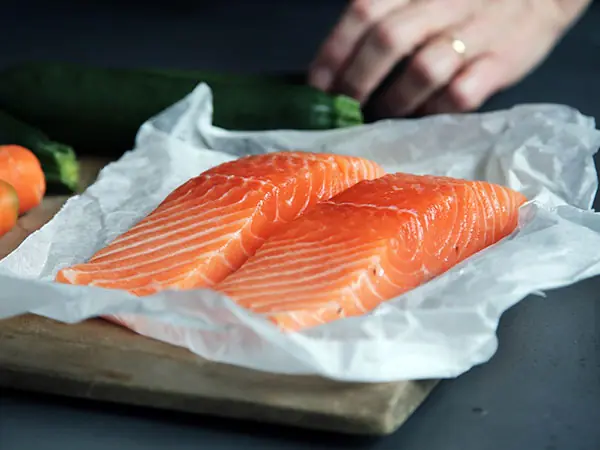
Beware: U.S. Salmon May Be Crawling with Japanese Tapeworm, Say Scientists
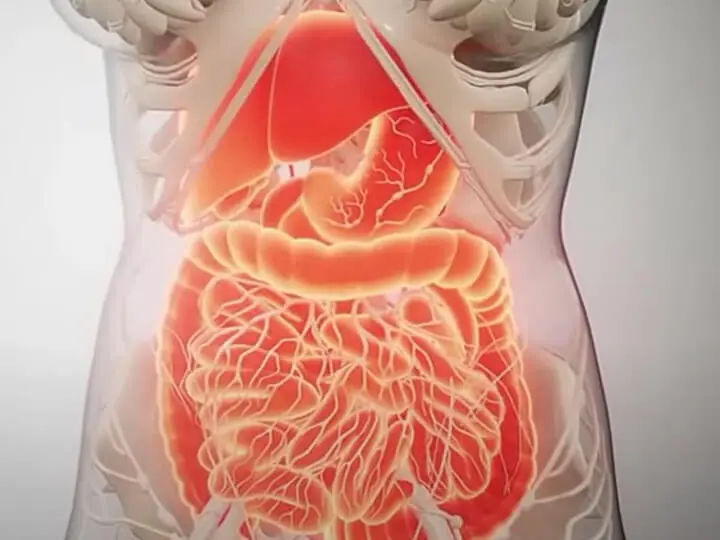
Colon Cleansing: How to Naturally Flush Your Colon at Home (Science-Based)

3 Morning Symptoms That May Signal the Onset of Canc3r

"8 abnormal signs warning of c3rvical canc3r that women need to recognize early"

If you don’t correct these 5 harmful eating and drinking habits right away, sooner or later your esophagus will also be “ravaged” by cancer cells.
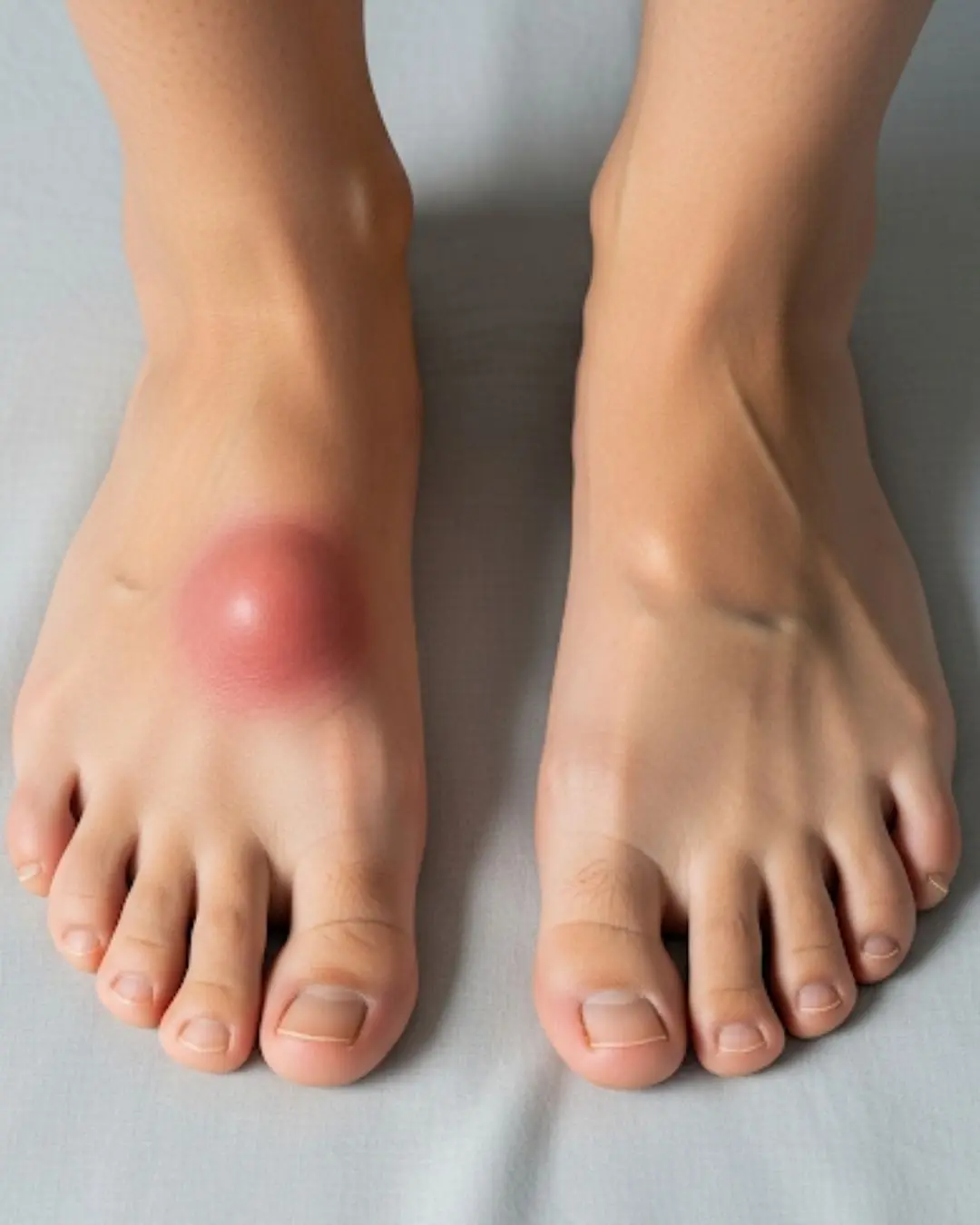
If Your Feet Swell It Is a Clear Sign

Nose Picking What This Taboo Habit Really Reveals About Us
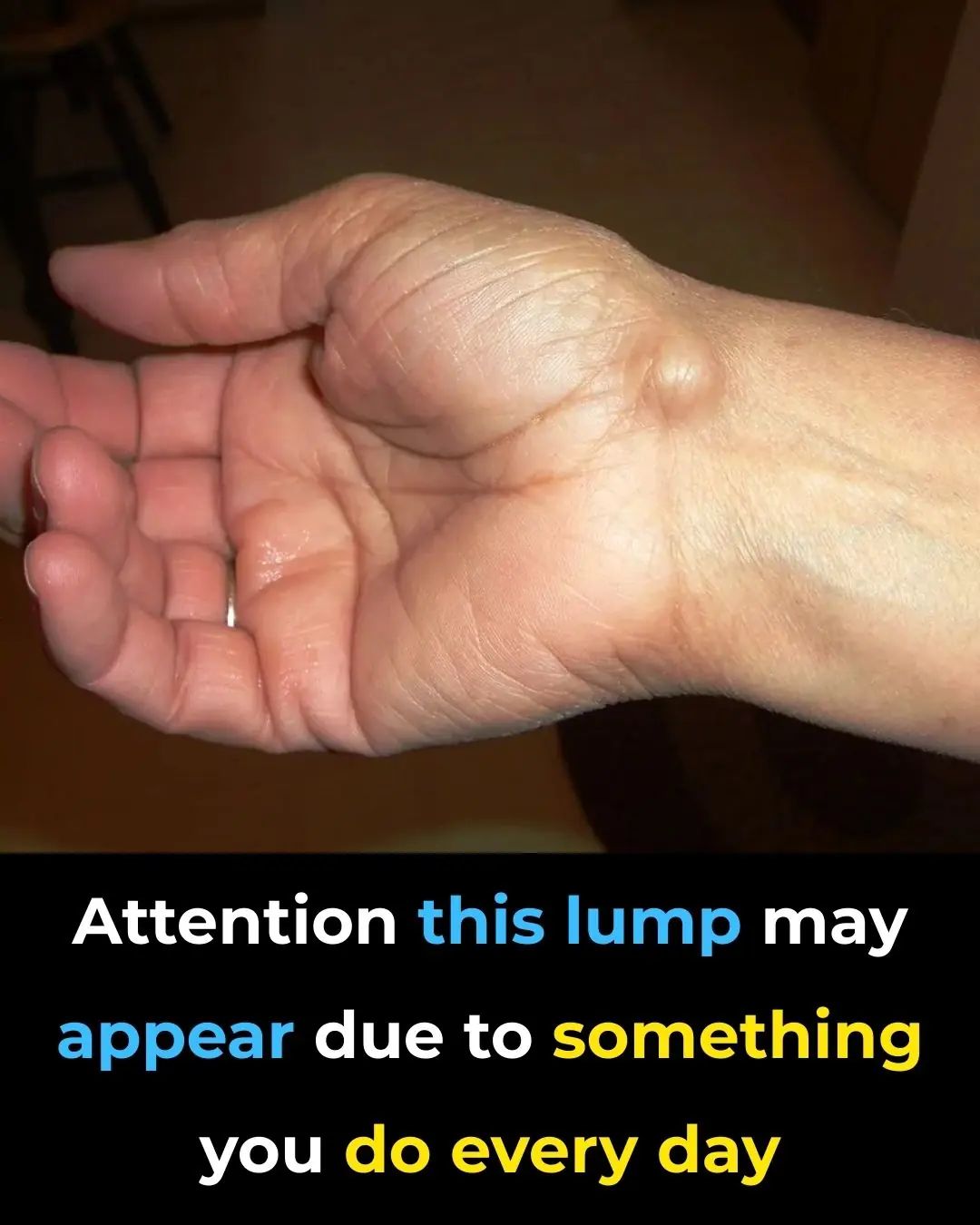
Everyday Habits That Can Cause a This Issue To Your Hands
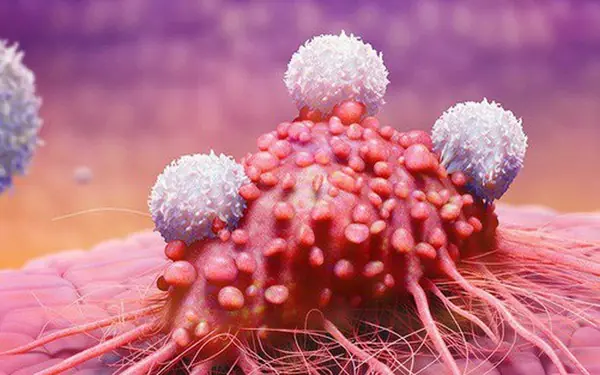
Why Liver Cancer Is Often Detected Late – Important Warning Signs You Shouldn’t Ignore

If You See Someone with Prominent Green Veins, Make Sure to Tell Them This – It Could Save Their Life

How to Safely Remove Super Glue (502) from Your Skin Without Tearing It
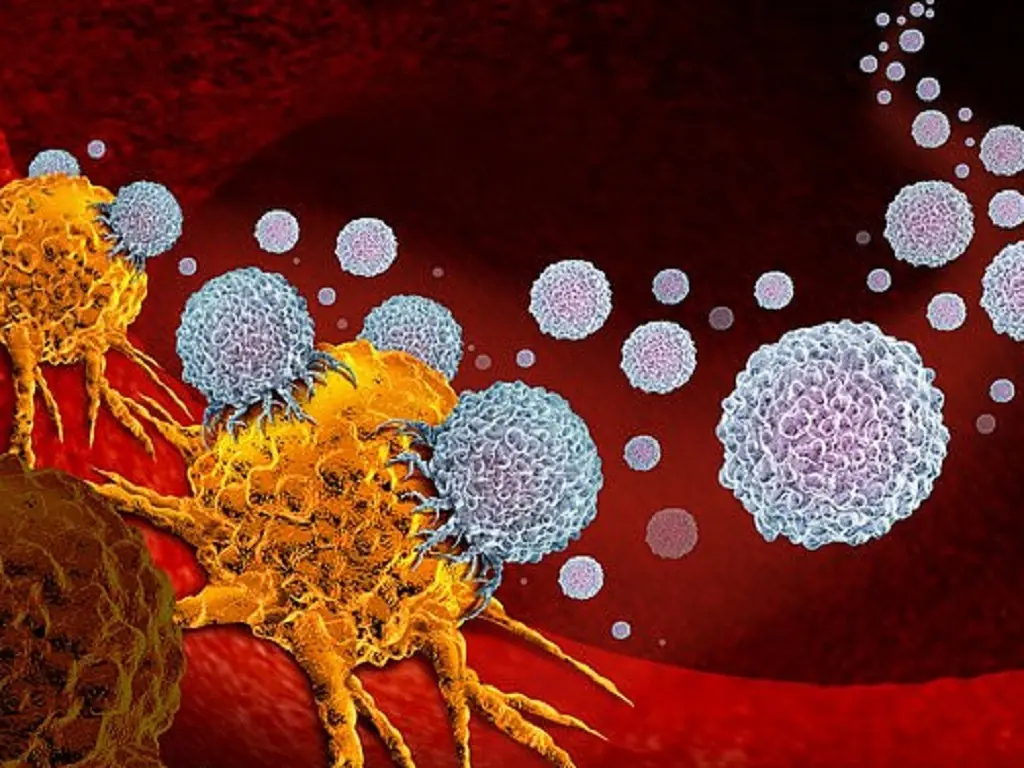
3 Unusual Signs in the Neck That Could Be Symptoms of Cancer – Don’t Ignore Them!

Consciousness Is Not Confined to the Brain, But Is Connected To The Whole Universe, Scientists Say

Study Finds People With ADHD Listen to Music Differently—Here’s How

Can I Get My Metabolism Back After Stopping Lexapro and Prozac?

8 Foods High in Inulin to Eat for Better Gut Health

Proven Health Benefits and Uses of Thyme and Thyme Tea

Proven Health Benefits of Walnuts, How Many to Eat, and More (Science Based)
News Post

Why Your Legs Cramp at Night (And How to Fix It)

How to Use Rice Water for Gorgeous Hair and Skin (Detailed Instructions)

Beware: U.S. Salmon May Be Crawling with Japanese Tapeworm, Say Scientists

The Benefits of Chicken Feet Stewed with Black Beans – As Powerful as Ginseng

There are many cuts of beef, but only these 3 are considered the true “essence” – both chefs and butchers wholeheartedly agree!

Colon Cleansing: How to Naturally Flush Your Colon at Home (Science-Based)

Put this into a lemon and place it in the corner of your house – mosquitoes will stay away for good

3 Morning Symptoms That May Signal the Onset of Canc3r

"8 abnormal signs warning of c3rvical canc3r that women need to recognize early"

If you don’t correct these 5 harmful eating and drinking habits right away, sooner or later your esophagus will also be “ravaged” by cancer cells.

Is Your Air Conditioner Outdoor Unit Making Loud Grinding Noises? Use This Simple Trick to Make It Run Quietly Without Calling a Technician!

Urgent warning issued to travelers as China takes ‘covid measures’ after reporting 7,000 cases of Chikungunya virus

3 Effective Ways to Prevent Snakes from Entering Your Home Everyone Should Know to Protect Their Family

Signs to look out for amid Gordon Ramsay's health warning after undergoing cancer surgery

How to Handle Common Refrigerator Problems and a Surprising Lesson from American Toilet Habits

If Your Feet Swell It Is a Clear Sign

Why Doors in Public Bathrooms Don’t Reach the Floor

Nose Picking What This Taboo Habit Really Reveals About Us

Everyday Habits That Can Cause a This Issue To Your Hands
